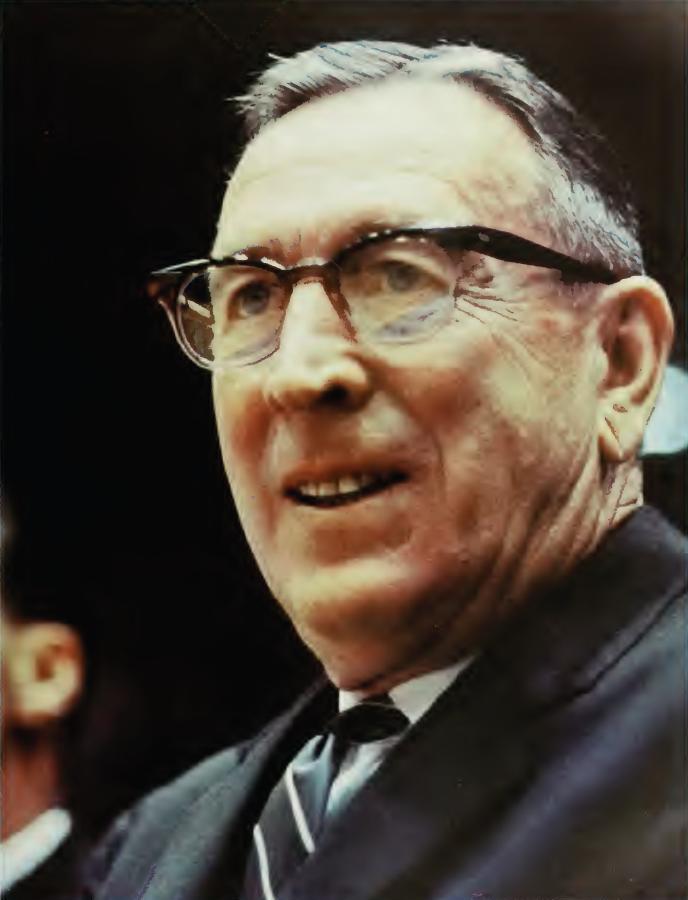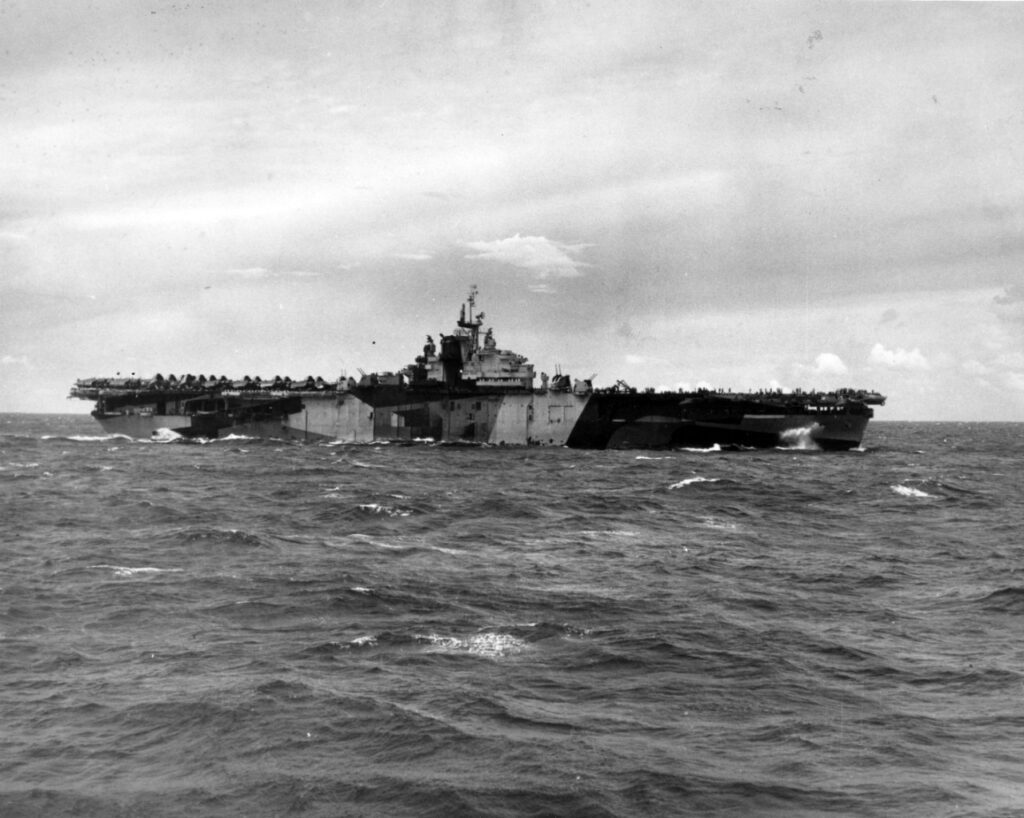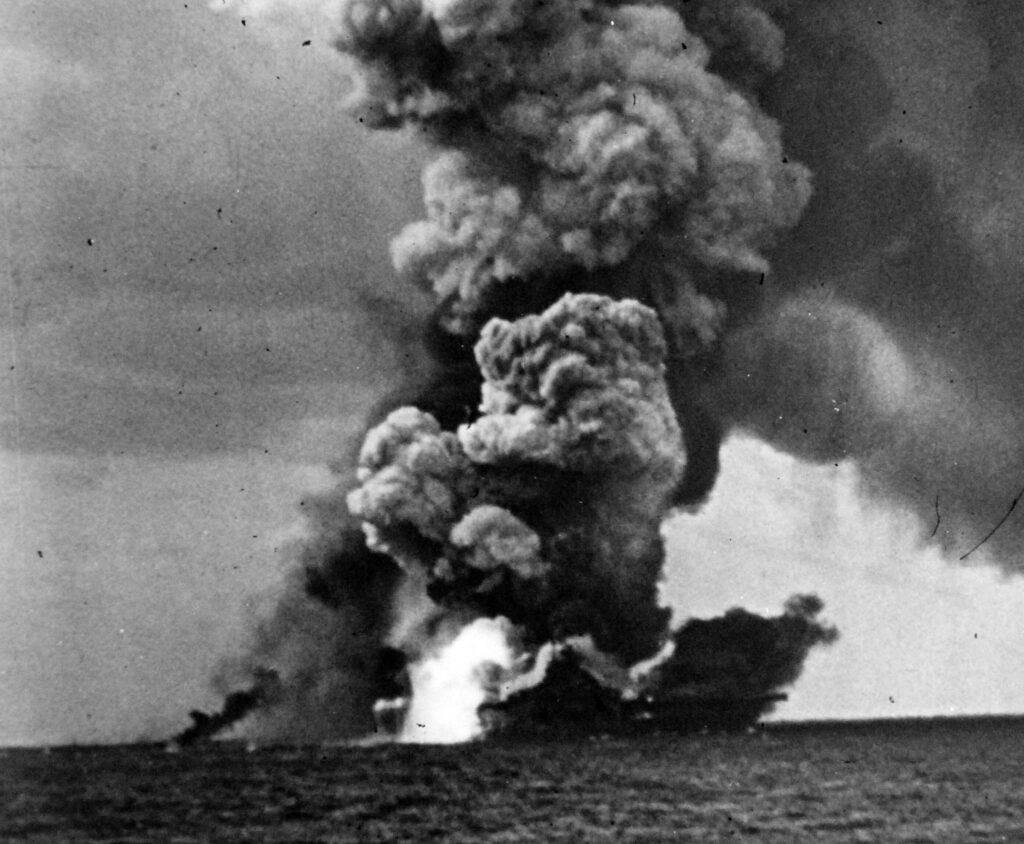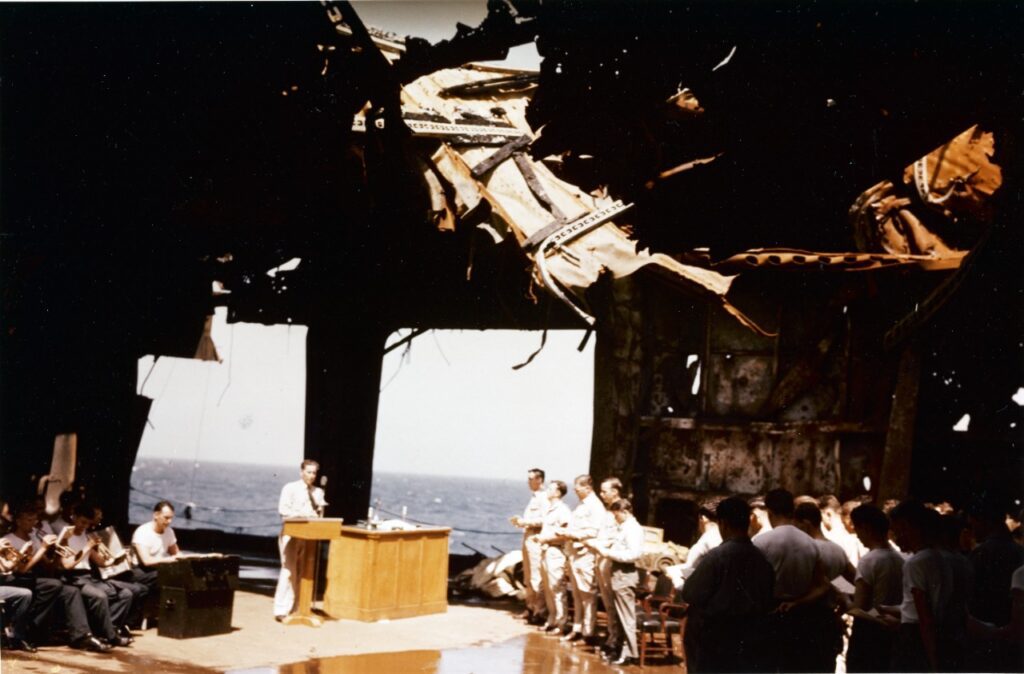Big Ben And The Butterfly Effect
Born in a small town in Indiana in 1910, Fred Stalcup became a first-class athlete in high school. He studied physical education at Purdue, graduating with a Bachelor of Science degree in 1937. As an undergrad, he lettered in varsity football and track. He joined the Beta Theta Pi fraternity living in its house. Playing both ways, he was one of two starting quarterbacks and a linebacker.
Stalcup joined the US Navy in 1942 after the attack on Pearl Harbor receiving a commission as an ensign. Because of his background, he became a physical fitness officer training naval aviators.
At Purdue, he met John Wooden, also from a small town in Indiana, who would go on to become one of the most famous NCAA basketball coaches in history. Wooden was a fraternity brother of Stalcup’s. A high school athlete, Wooden also excelled in college. As captain of the Purdue basketball team in 1931 and 1932, he led it to two Big Ten titles and the 1932 national championship. Wooden joined the US Navy in January 1943, and like Stalcup, also became an ensign.
Best known for his time at UCLA as their basketball coach, Wooden coached his teams to ten NCAA national championships over a twelve-year period. His players included Bill Walton and Lew Alcindor (who later changed his name to Kareem Abdul-Jabbar).

Known for his leadership principles, after he retired as a coach, he co-authored many books, including an autobiography, as well as on topics such as leadership, mentoring, and success.
However, he would not have achieved that success had the butterfly effect not come into play in late 1944. That effect is a phenomenon where a small change in one condition can lead to a major change many steps removed from the original. Ordered to report to USS Franklin (nicknamed Big Ben by her crew), then under repair at Bremerton, Washington, Wooden first took a 30-day leave. Before he was due to report, he experienced sharp pain in his abdomen that steadily grew worse. Upon seeking medical treatment, he was diagnosed with acute appendicitis. Surgery followed. Since the Navy’s policy was that there had to be a 30-day recovery period before reporting to a ship headed for a war zone, it reassigned Lieutenant (j.g.) John Wooden.
Big Ben Gets A New Athletic Officer

The Navy replaced him with Lieutenant (j.g.) Fred Stalcup, his fraternity brother. In December 1944 Stalcup received orders to report to Big Ben. He came aboard on 5 January 1945, with the primary duty of “Athletic Officer.” He also served as a hangar deck officer, overseeing the movement of planes from the hangar deck to the flight deck. That’s where he was at 0708, 19 March 1945, when the Japanese bomber dropped two bombs on Big Ben. Both exploded in the hangar and moments later a huge explosion erupted caused by fuel vapors. Lt. Fred Stalcup’s body, along with many others, was never found, likely instantly vaporized.

There But For The Grace…
Had Lt. Wooden not had an attack of appendicitis, it’s quite possible he would have been killed on board Franklin that day. What a great loss that would have been! Instead, he would go on to positively impact countless numbers of people, not just those on his teams, but others who learned from his books, becoming better leaders and human beings themselves.
Had Lieutenant Stalcup not been on that hangar deck in Wooden’s place, perhaps he would have survived the war and gone on to an illustrious career himself. He might have positively impacted as many or more people as Coach Wooden did. We’ll never know, certainly not in this universe.
In his essay, Battle Stations: John Wooden, Fred Stalcup Jr., And The Attack On The USS Franklin, author John Shively wrote:
I had the privilege to meet Wooden in Martinsville on Thanksgiving Day, 2005. He was back in Indiana for the annual John Wooden basketball classic held in Conseco Fieldhouse in Indianapolis. Several well-wishers had gathered in a small museum in Martinsville to honor and meet the Hoosier legend. I was granted a brief one-on-one audience with him, and he graciously posed with me for a photograph. Nearly everyone present asked him about basketball. When it was my turn, I slowly walked up and knelt next to him seated in a wheelchair. I looked at him and our eyes met. I then brought up the topic that no one else knew about, asking him about his experience during the war and Franklin. He did not say a word, but merely pointed his forefinger up and raised his gaze to the sky. Without flinching, and with a sad countenance, he looked at me with his clear blue eyes, locked on mine. No further inquiry or explanation was necessary, we both knew what he was referring to. God’s good Providence had spared his life, but that of his fellow Boilermaker had been taken.

(I don’t know if the story above will make it into the book, but I find it fascinating.)
1 Comments
Leave a Comment
You must be logged in to post a comment.
[…] The second blog post, Big Ben And The Butterfly Effect is one I wrote almost a year ago about two friends, Lt. Fred Stalcup and Lt. John Wooden, who would go on to fame as the UCLA basketball coach, famed for winning and leadership. Stalcup lost his life in the 19 March attack on Franklin. […]